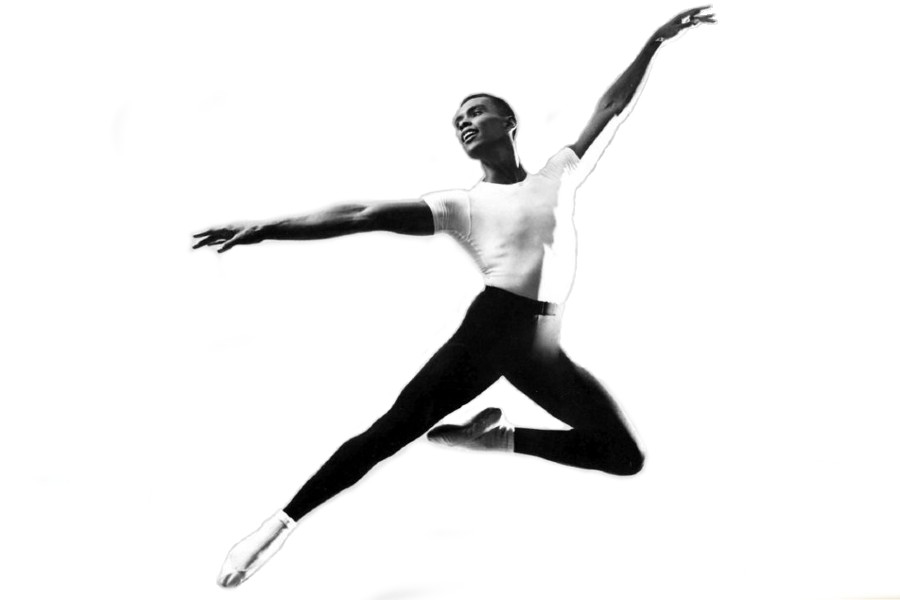
Nestled at the bustling intersection of Broadway and Amsterdam Avenue, the first 155th Street YMCA stands as a testament to Harlem’s rich history and vibrant community spirit.
This YMCA branch, part of the larger Harlem YMCA network, has been a cornerstone for social, cultural, and athletic activities in the area for over a century.
Historical Significance
The Harlem YMCA, originally established in 1919, moved to its current larger facility on 135th Street in 1933. This move marked the expansion of what would become a pivotal institution during the Harlem Renaissance, a period characterized by the flourishing of African-American culture in the 1920s and 1930s.
The YMCA on 135th Street was renowned as “the living room of the Harlem Renaissance,” providing a space where African-American men and boys could find support, community, and opportunities for personal growth.
Cultural Hub
The Harlem YMCA has hosted numerous influential figures who have left an indelible mark on American history and culture. Langston Hughes, one of the most prominent poets of the Harlem Renaissance, lived at the YMCA during his college years.
His time there influenced his work, and he mentioned the YMCA in his famous poem, “Theme for English B.”
Another notable figure associated with the Harlem YMCA is Jackie Robinson, the first African-American to play Major League Baseball. Robinson, along with his teammate Roy Campanella, worked as a counselor and coach at the YMCA’s Boys’ Division during the off-season, inspiring countless young men through their dedication and love for the community.
Community Impact
Beyond its historical and cultural significance, the 155th Street YMCA continues to serve as a vital resource for the Harlem community. The YMCA offers a variety of programs aimed at fostering community engagement and personal development.
These programs include youth sports, afterschool activities, and summer camps designed to provide safe and enriching environments for children and teenagers.
Additionally, the YMCA offers adult fitness classes, swimming lessons, and wellness programs that cater to the diverse needs of Harlem’s residents.
These programs not only promote physical health but also encourage social connections and a sense of belonging among participants.
A Modern-Day Legacy
Today, the 155th Street YMCA remains committed to its founding principles of inclusivity, empowerment, and community support. The facility continues to adapt and grow, ensuring that it meets the evolving needs of Harlem’s residents.
With a focus on equity, diversity, and inclusion, the YMCA strives to create a welcoming environment where everyone can thrive.
The legacy of the Harlem YMCA is a testament to the power of community institutions in shaping the lives of individuals and the character of neighborhoods.
As it looks to the future, the 155th Street YMCA remains a beacon of hope, resilience, and unity in the heart of Harlem.
For more information about the programs and history of the Harlem YMCA, visit the official YMCA website (Wikipedia) (YMCA NYC).
Share any stories about visiting the Harlem YMCA below.
Photo credit: 1911.
Become a Harlem Insider!
By submitting this form, you are consenting to receive marketing emails from: Harlem World Magazine, 2521 1/2 west 42nd street, Los Angeles, CA, 90008, https://www.harlemworldmagazine.com. You can revoke your consent to receive emails at any time by using the SafeUnsubscribe® link, found at the bottom of every email. Emails are serviced by Constant Contact








